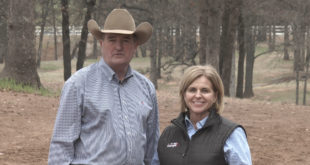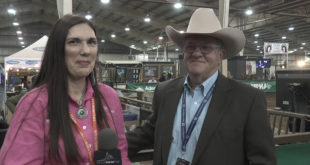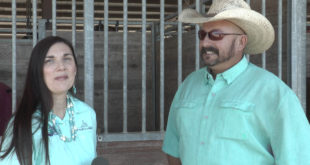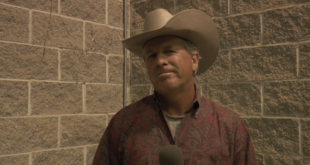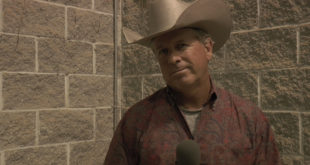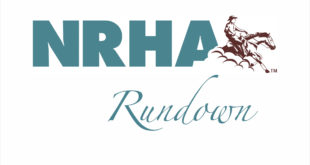 Markel has over 50 years of expertise in insuring horses and horse businesses alike. They are firmly committed to the horses and horse industry. You can count on Markel to be around for the long haul. With benefits such as coverage, compassion handling claims, unmatched experience, and financial stability is there any wonder why so many people choose Markel?
Markel has over 50 years of expertise in insuring horses and horse businesses alike. They are firmly committed to the horses and horse industry. You can count on Markel to be around for the long haul. With benefits such as coverage, compassion handling claims, unmatched experience, and financial stability is there any wonder why so many people choose Markel?
Markel is also set on keeping everyone happy and healthy. Many know how dangerous summer heat can be. Markel wants to remind you how important it is to keep your staff, and patrons safe against the dangers associated with outdoor activities in hot weather. Overheating can be a real danger—even fatal—if not quickly addressed. Drinking water often, incorporating breaks, and limiting time in the heat are simple, effective things your center can do to prevent heat illness.
Heat illness occurs when the body overheats, much the way your car can overheat in hot weather. Normally, the body’s “coolant” system prevents overheating. As perspiration evaporates and blood vessels bring heat to the skin, the body cools and maintains a proper body temperature. When we are involved in outdoor activities in the heat, especially humid heat, our coolant system can become overloaded. When this happens, heart rate and body temperature rise and stress the body.The hotter it gets, the more stress is placed on the body. The first signs of trouble can include fatigue, thirst, discomfort, and lightheadedness. This simple heat stress can quickly become heat exhaustion if early symptoms are ignored. Symptoms of heat exhaustion include a pale or flushed appearance, moist and clammy skin, weakness, dizziness, headache, and nausea. Untreated heat exhaustion can then become heat stroke. The heat stroke victim stops sweating and has hot, dry, reddish skin and a rapid pulse. They may be confused or delirious, may suffer convulsions, and may become unconscious.
• Provide fluids. Encourage everyone to drink–regardless of activity level–even before they get thirsty. Sugary drinks and cold drinks should be discouraged as they can cause a loss of body fluid and induce stomach cramps.
• For active programs with younger children, build water breaks into your schedule every 20 minutes.
• Use outdoor fans when you can. Note: when the temperature is in the high 90s, fans will not prevent heat-related illness. Bring your activities into the air-conditioned indoors when possible.
• Encourage everyone to wear lightweight, light-colored, loose-fitting clothing.
So if your program must be out in the heat, consider the following:
• Limit your program activity to morning and evening hours when you can.
• Modify your program to reduce the amount of physical activity required.
• Try to utilize shady areas as much as possible.
• Encourage employees and participants to protect themselves from the heat and sun by wearing a wide-brimmed hat, sunglasses, and using a “broad spectrum / UVA/UVB protection” sunscreen of SPF 15 or higher.
Source: Markel
 Virtual Horse Help and Worldwide Slide Horse Training Videos, Show Coverage, Features, Behind-the-Scenes & Bi-Weekly E-Neewsletters
Virtual Horse Help and Worldwide Slide Horse Training Videos, Show Coverage, Features, Behind-the-Scenes & Bi-Weekly E-Neewsletters


